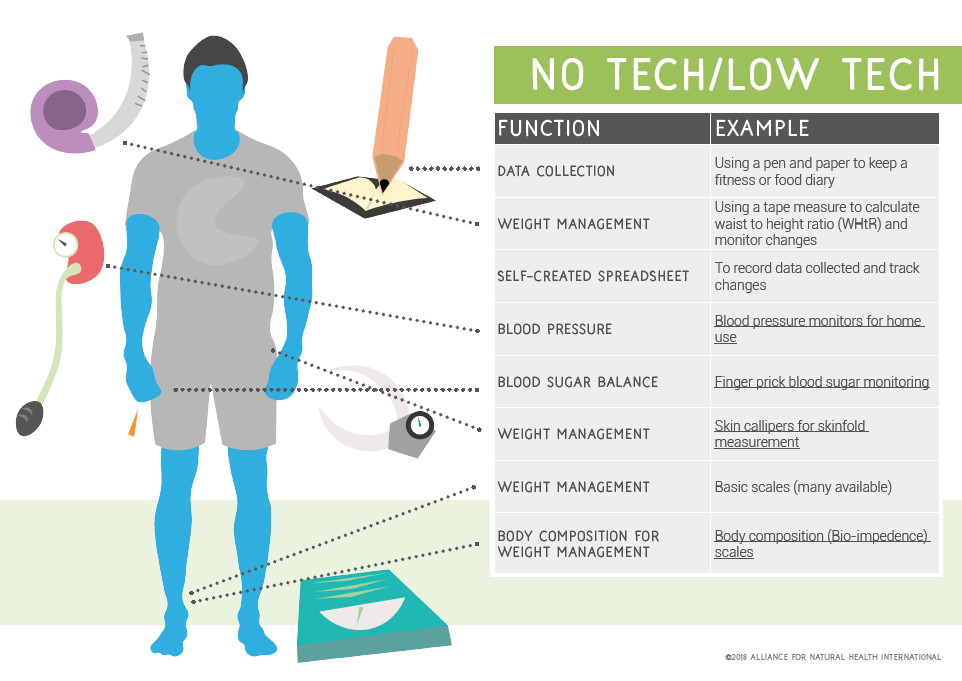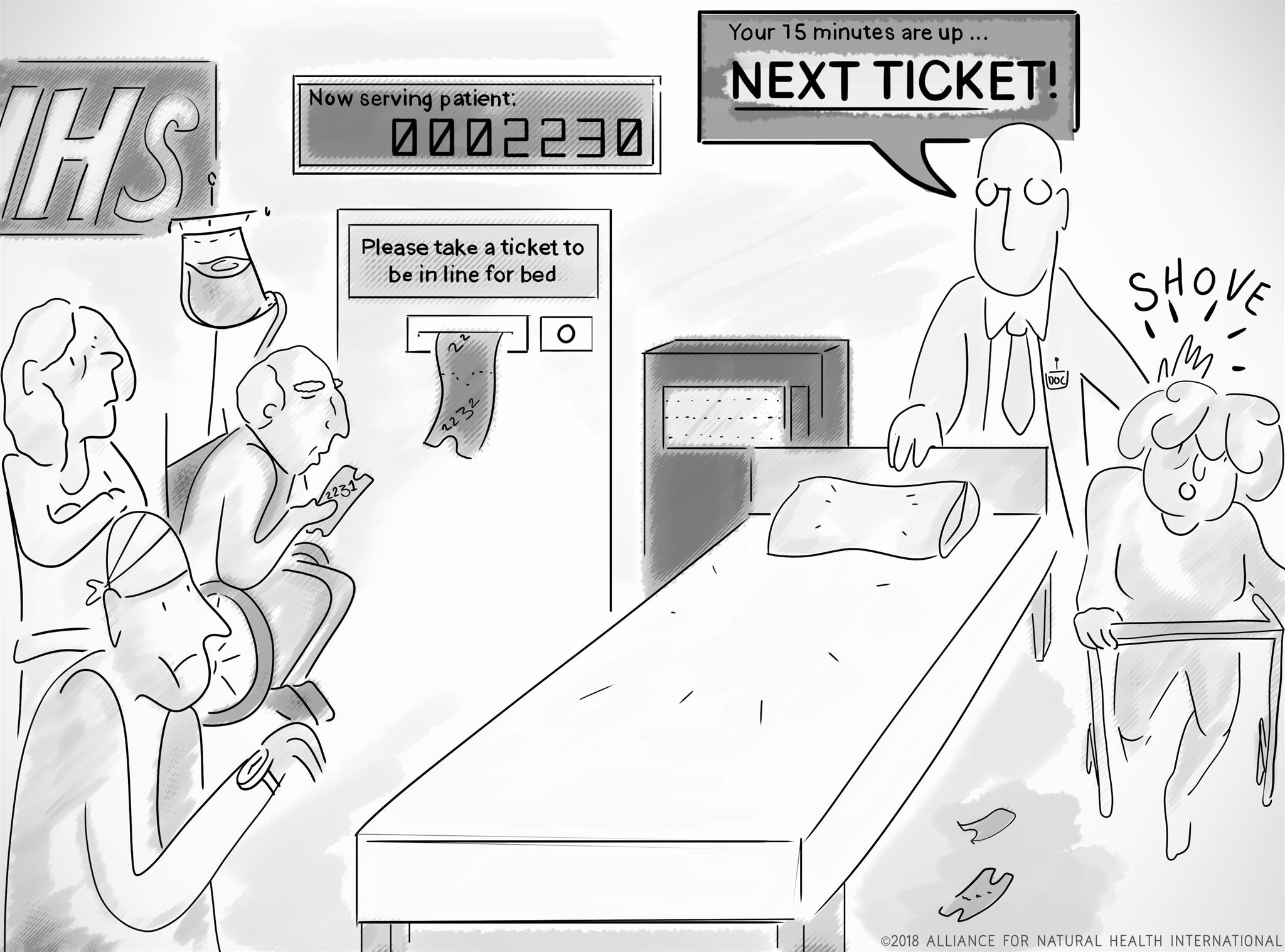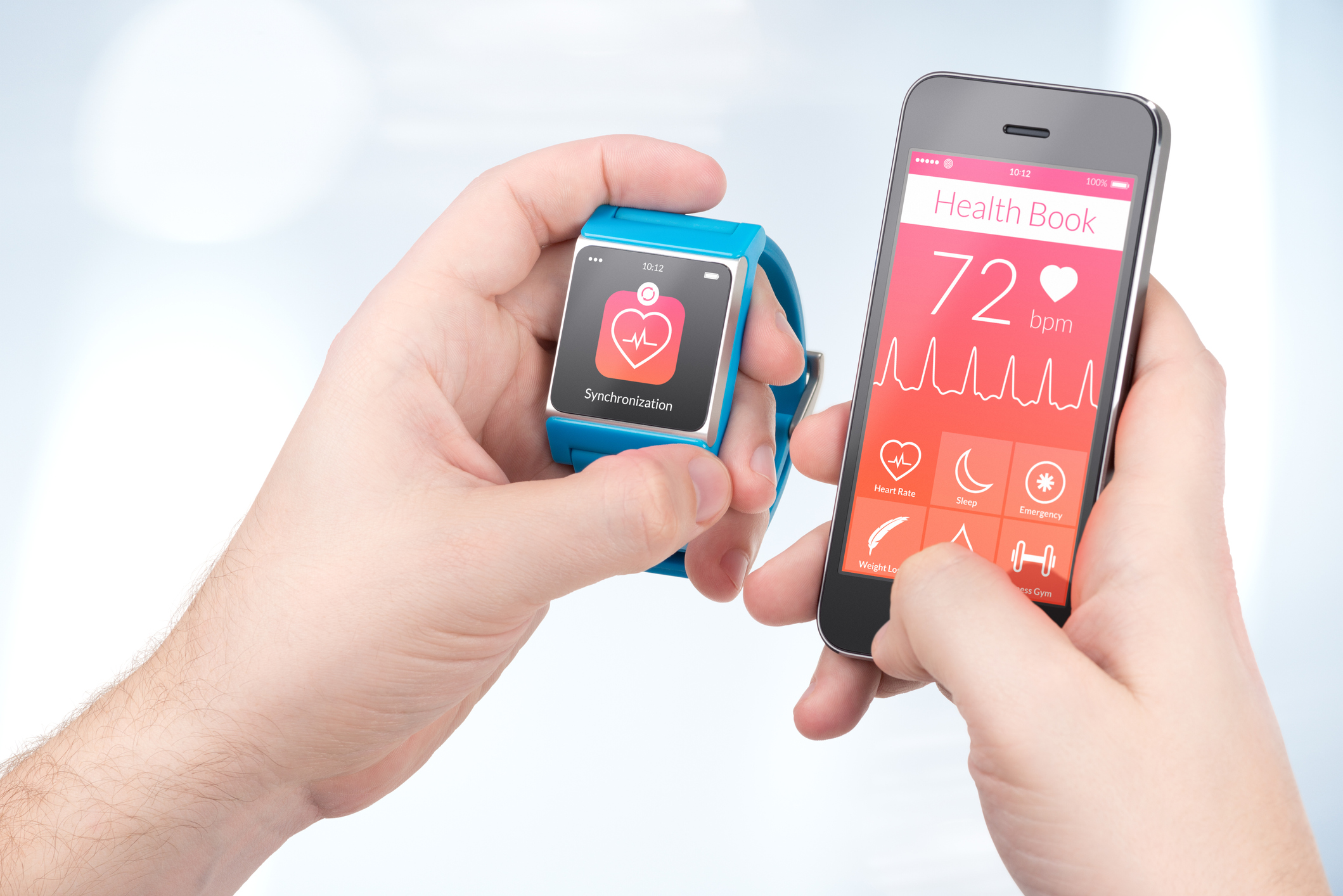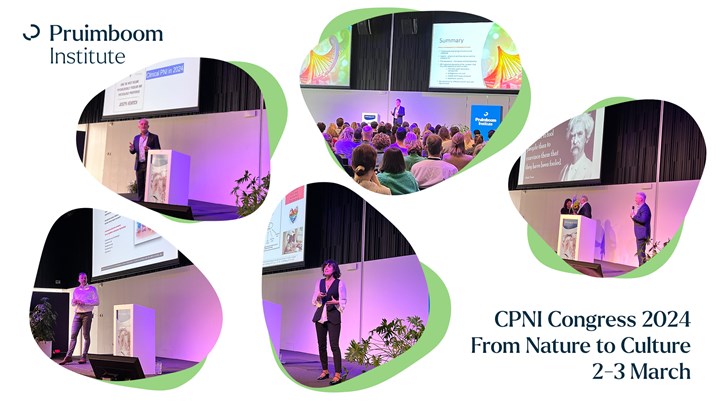Content Sections
Many of us are aware deep inside that we could and should be taking better care of ourselves. If not to offset the risk of future health challenges, but because we desire to live happier, longer lives and achieve more of our goals. Taking stock doesn’t have to be confined to holidays. In today’s immediate gratification-driven society with soaring stress levels and where convenience is king, we have to focus a great deal more on DImY (do it myself!) health. Spoiler alert. There is no magic pill for that ill!
As healthcare systems buckle under the strain of the chronic disease epidemic, self-care is becoming an increasingly important tool to reduce the disease burden on society as a whole. Despite the plethora of easily available resources and health advice, so many still continue to steadfastly turn a blind eye. Preferring instead to live by the ‘enjoy life now, worry about the consequences later’ rule book.
Even the UK’s NHS is getting with the programme - literally. It’s recognising the importance of self-care for managing and preventing disease with the introduction of wearable tech for diabetes patients as part of an expansion of the NHS Diabetes Prevention Programme. It’s not exactly a self-care revolution, but it’s a start. And it sends the right message to patients, that health care should begin at home.
We’re using #ThrowbackThursday this month to delve into the ANH archives and further underline the importance of self-care. From tech - at all ends of the spectrum (see the helpful infographic detailing some of the different choices available) - to our Health Hack videos, all designed to put you in the driving seat of your own health journey.

Can tech help improve our self-care?
Our top tech pics to help you self-care simply and easily whilst having some fun!
The healthcare system is breaking. Put simply, the burden on it from diseased people is simply too great, and it doesn’t work well enough at successfully treating most of the diseases that are the prime burden. That’s why ‘self-care’ is being recognised on all sides of the debate as part of the solution. The trouble is, if it’s just about getting more drugs to people without them having to see their doctor – which is what a lot of people think it’s about – it’s really not going to help us much. It might take the pressure off doctors and hospitals – but the public still loses out. We look at whether tech can make self-care easier.
At ANH-Intl, we think about this differently. We are passionate about people finding ways of staying healthy and preventing diseases without recourse to the mainstream acute medicine or ‘disease management’ system. Amongst our communities are already a wide range of expert practitioners, from integrative medicine doctors and practitioners, through to a range of complementary and traditional systems of medicine practitioners, fitness professionals and health coaches, who are already transforming lives. But not everyone has either the financial capacity or the need to see a practitioner or coach to stay on track.
In this article, we look at some of the available tech out there – starting with a pen and paper at one end of the spectrum and some expensive pulse wave measurement technology at the other end – that can help better support self-care. While these technologies are generally used without a practitioner being present, data that some of them accumulate can be of great importance to help guide practitioners at a later stage.
Read more…

Taking responsibility for our own health
ANH-Intl final survey data show empowered self-care is the way forward for healthcare
Our survey, “Who’s in the driving seat of your health?” closed at the end of June. At the survey’s closing date, 519 respondents provided us with data on various questions around the issue of self-care and health empowerment. The results, encouragingly, suggest that many are choosing to manage their own health, and to do so rely on information online, rather than consult a healthcare provider, with only a third reliant on a mainstream medical doctor over the last 2 years. These data also suggest that food supplements, herbs or other natural products and remedies are more relevant to our health than pharmaceutical drugs. This begs the question being raised by many, including some notable mainstream doctors themselves: Are people being poorly served by the healthcare system? A system that is struggling to cope with the burden of chronic disease burden, whilst insufficiently addressing the causes and failing to put preventative measures in place? Quite simply, are we being exposed to too much medicine?
Preliminary results in May had already revealed that natural health takes centre stage in many people’s lives, but we were aware that there was likely to have been a strong bias towards all things natural among the early respondents given that they were ANH-Intl supporters, and therefore a self-selective group. As time has progressed the survey has reached a wider audience, which accounts for the leveling out of the results.
Read more…

In sickness and health: is the UK NHS at breaking point?
The case for a more sustainable healthcare system in the UK
Despite spending being at record levels, the NHS is in crisis. Staff are overwhelmed and struggling to cope. Ambulances are queuing at Accident and Emergency (A&E) departments. Young and old alike are left waiting for emergency crews to reach them. The service, in multiple places, is literally at breaking point.
Fingers are being pointed at politicians, lack of staffing, lack of funding, delays in care and poor care to name but a few. What is going on? How has such an internationally respected healthcare service seemingly been brought to its knees?








Comments
your voice counts
There are currently no comments on this post.
Your voice counts
We welcome your comments and are very interested in your point of view, but we ask that you keep them relevant to the article, that they be civil and without commercial links. All comments are moderated prior to being published. We reserve the right to edit or not publish comments that we consider abusive or offensive.
There is extra content here from a third party provider. You will be unable to see this content unless you agree to allow Content Cookies. Cookie Preferences